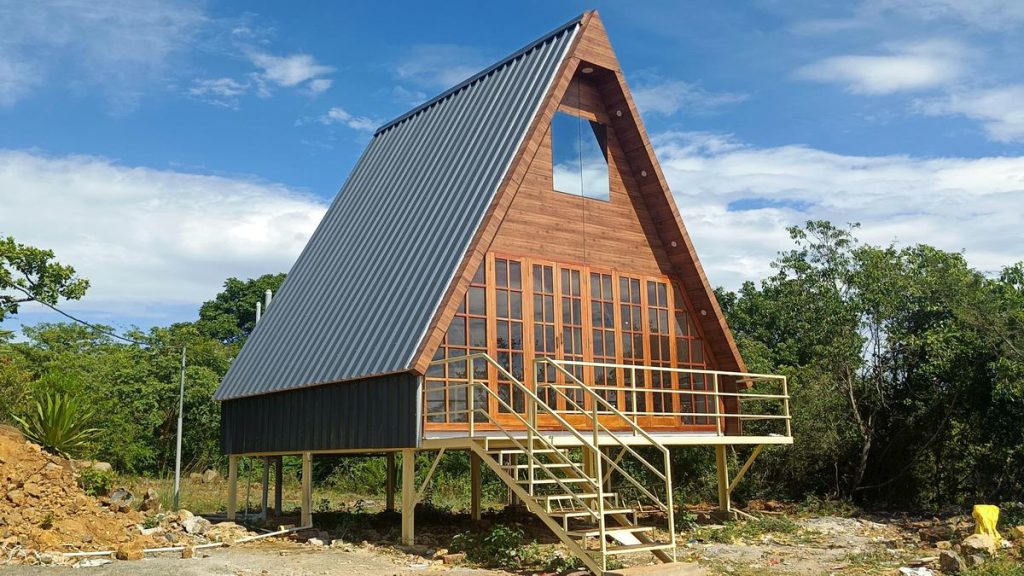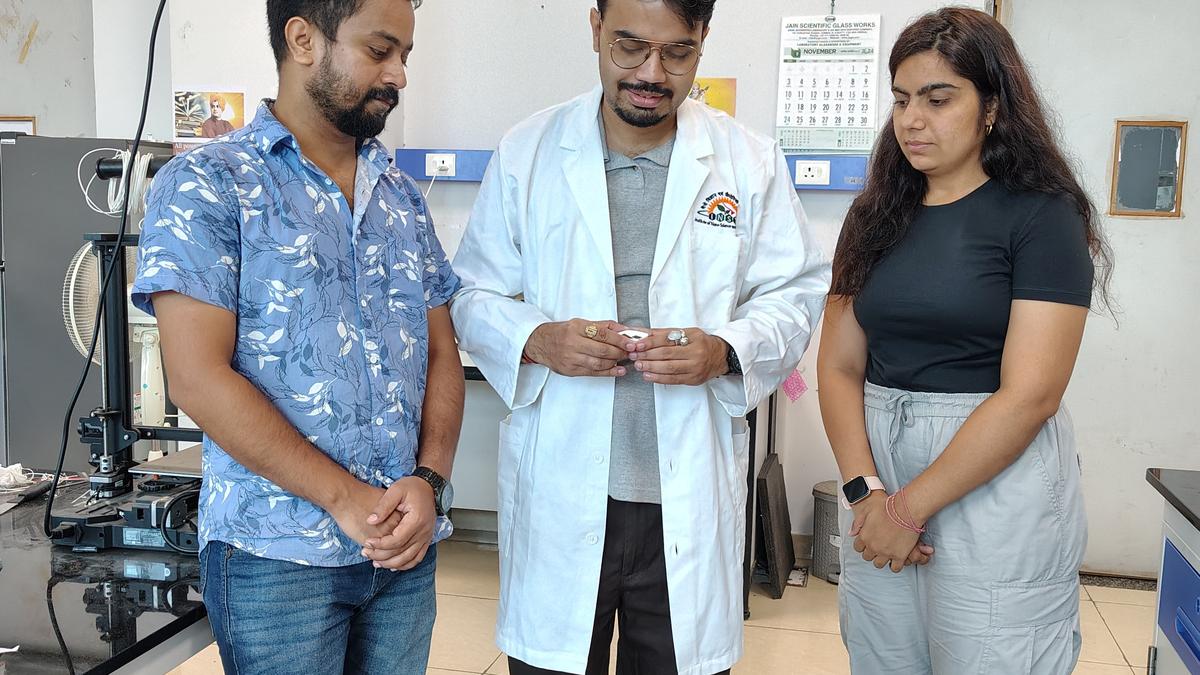Now Reading: Building Awareness: A Lifeline for Rare Diseases in India
-
01
Building Awareness: A Lifeline for Rare Diseases in India
Building Awareness: A Lifeline for Rare Diseases in India
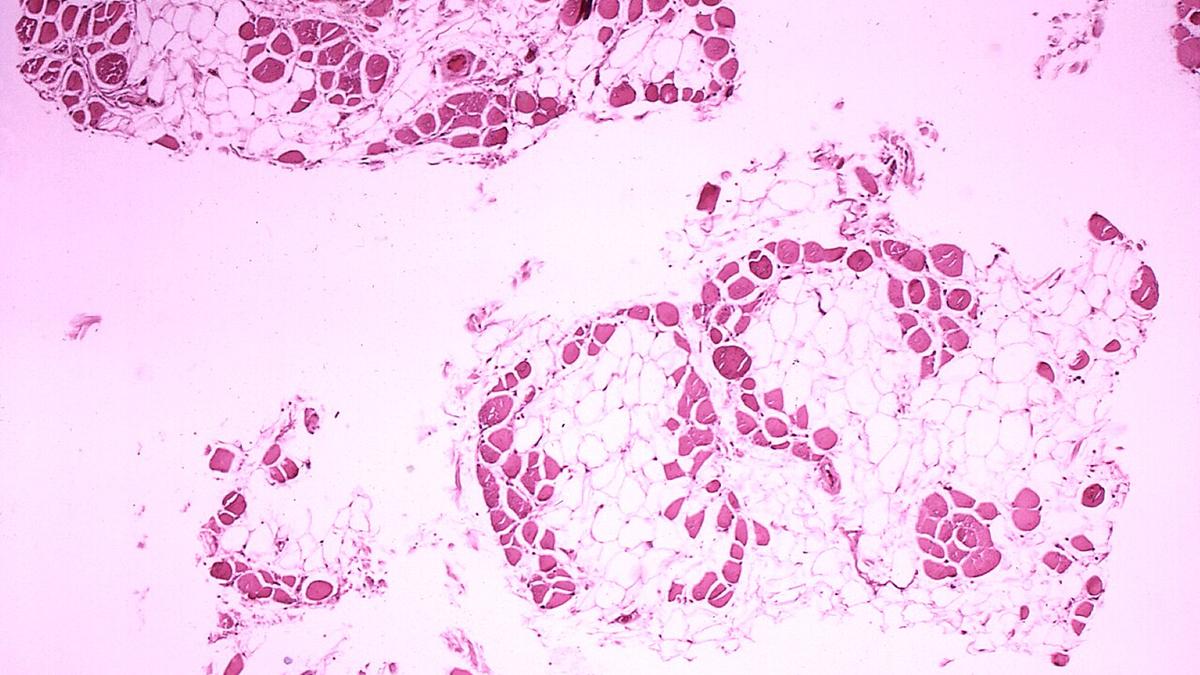
Quick Summary
- Around 10,000 rare diseases have been identified globally, wiht 80% being genetic in origin and primarily affecting children. About 30% of affected children die before their fifth birthday.
- Rare diseases cumulatively impact approximately 300 million people worldwide, including around 90 million in India, though the actual number might potentially be higher due to prevalent endogamous marriage practices.
- Diagnosis is challenging since doctors might lack knowledge about these conditions, and registries often don’t reflect accurate patient numbers necessary for policy or therapy development.
- Fewer than 5% of rare diseases have FDA-approved treatments; those that exist are prohibitively expensive and often inaccessible for Indian patients due to limited insurance coverage or dependency on temporary solutions like crowd sourcing or compassionate drug distribution.
- Premarital genetic counselling can help prevent the transmission of certain hereditary disorders over time by discouraging selective marriages among carriers of specific mutations.
- Importent initiatives like GenTIGS (a symptom-based gene database) developed by Iliyas Rashid’s team at tata Institute for Genetics and Society provide essential tools to diagnose rare genetic conditions earlier.
- Exemplary work such as B.R. Lakshmi’s efforts at MDCRC in coimbatore focuses on eradicating duchenne muscular dystrophy (DMD) through large-scale genetic screening across Tamil Nadu.
Indian Opinion Analysis
The pressing need for greater awareness around rare diseases underscores systemic challenges within healthcare infrastructure in India, especially regarding accessibility and affordability of treatments for a vast section of genetically vulnerable populations facing delayed diagnoses and high costs. While innovative resources like GenTIGS offer a promising step toward better symptom identification, they need expanded adoption among medical practitioners nationwide to truly impact patient support.
India’s sociocultural practices such as endogamy exacerbate the prevalence rate of certain hereditary conditions-making premarital counselling efforts not just scientifically logical but socially significant in addressing generational health burdens tied to genetics.
While grassroots initiatives like MDCRC show potential scalability in targeting specific disorders such as DMD at state levels, wider replication would necessitate policy alignment across districts alongside stronger collaboration between researchers, non-profits, governments, and pharmaceutical industries aimed at both early detection frameworks and equitable therapy provisions.Read more: The Hindu Article


